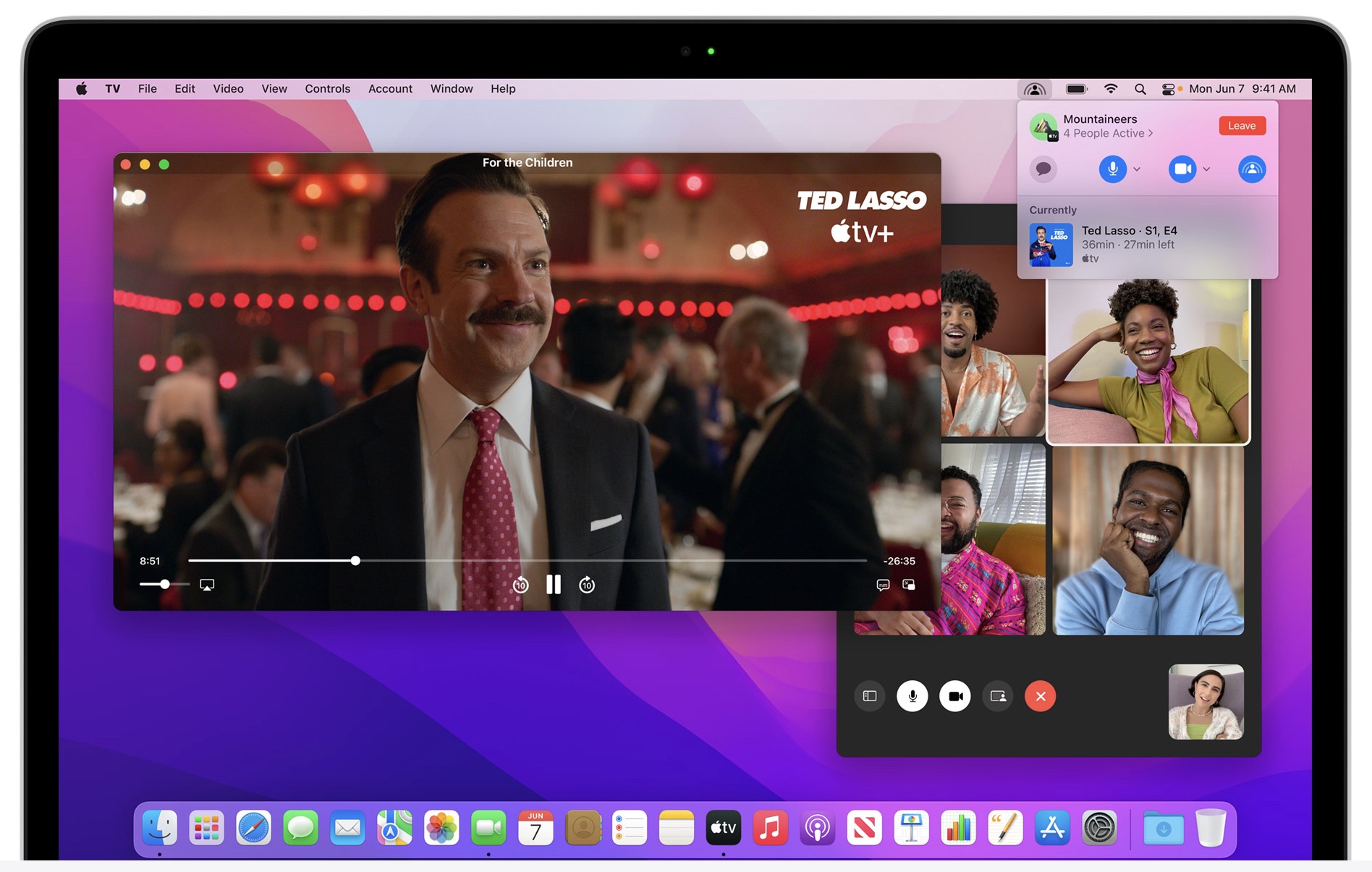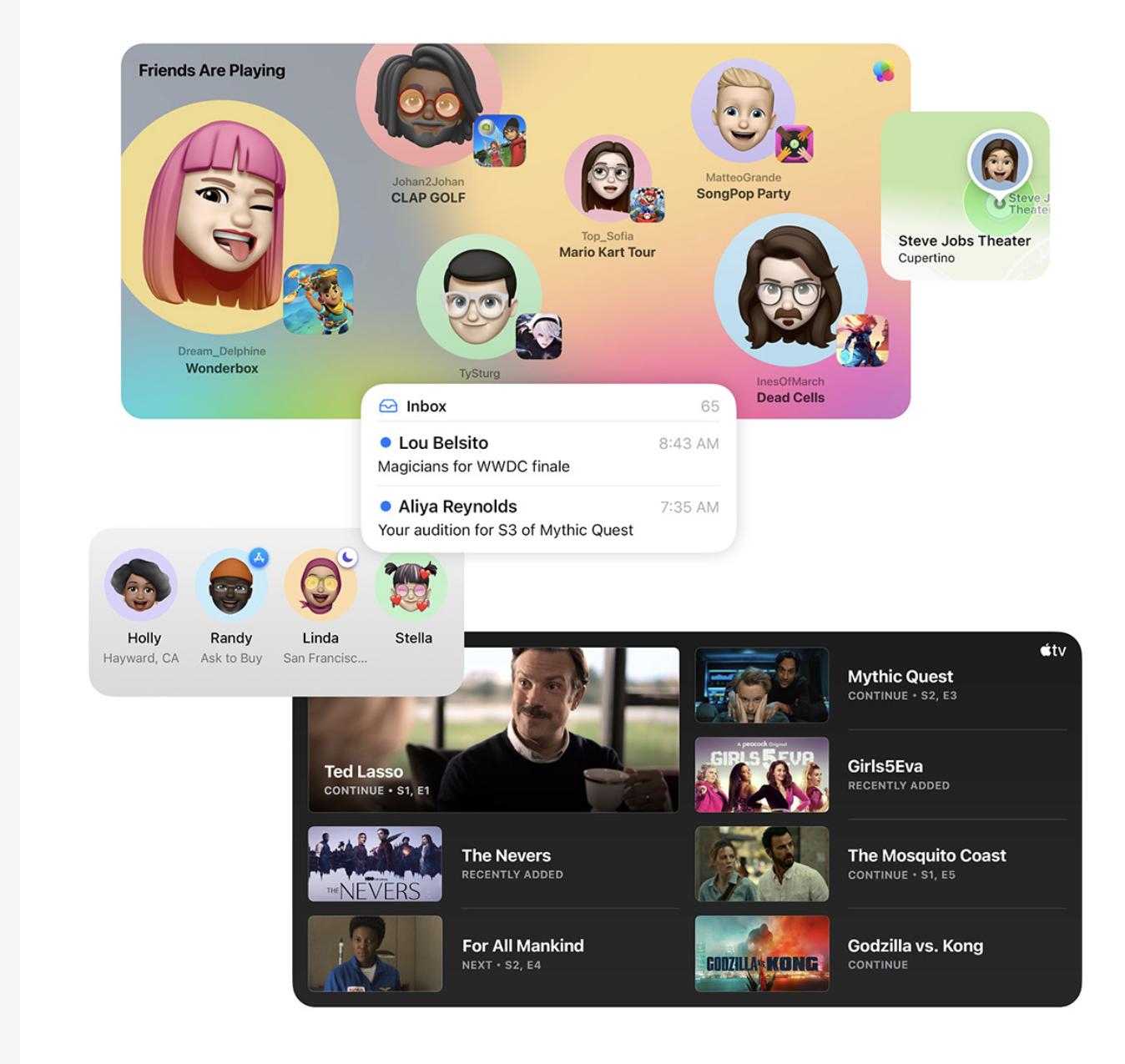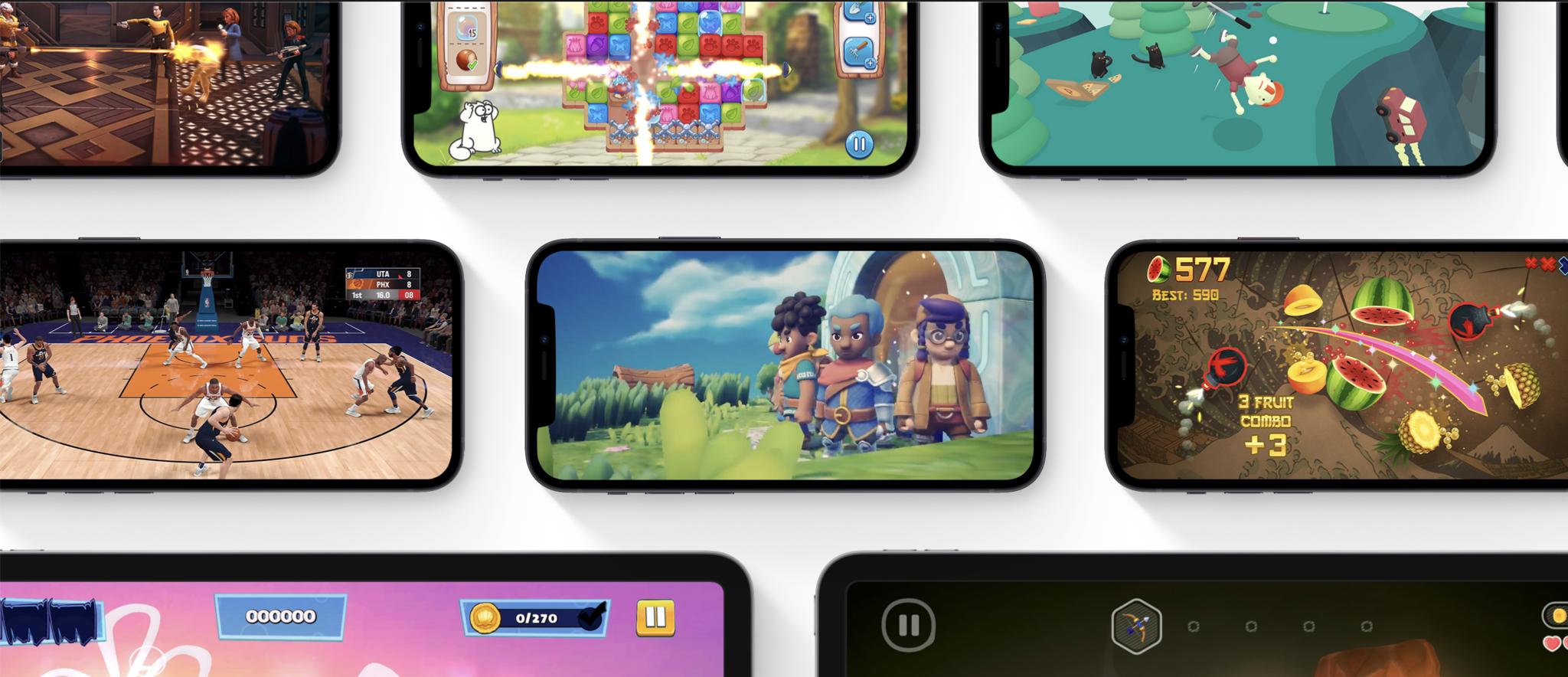Is Apple starting to truly expand beyond its bubble?

iMore offers spot-on advice and guidance from our team of experts, with decades of Apple device experience to lean on. Learn more with iMore!
You are now subscribed
Your newsletter sign-up was successful
Apple's long-running embrace of a digital walled garden is well-known and often criticized. It no doubt started with Steve Jobs but has mostly continued on in his absence. And yet, it has allowed the company to become the largest in the world. Some of Apple's recent moves suggest the iPhone maker looks willing to give up some of its control with at least some of its services. However, I'm convinced this is largely a mirage, although it's the direction Apple should be making — at least in certain areas.
Where things stand
In June, Apple announced new software for its top-selling products, including the best iPhone, plus the iPad, Mac, and Apple TV. Tucked inside its Worldwide Developers Conference (WWDC) keynote, Apple announced its decision to open up FaceTime to non-Apple users. This surprising announcement followed the company's decision a few years ago to offer Apple TV on various set-top boxes and smart TVs. Apple TV and Apple Music are also available on Android.
FaceTime ... for Android? Windows?

As someone who has always embraced open markets and competition, each of these moves seems sound and positive for everyone involved. And yet, it's also clear these are baby steps, at best. Yes, Apple's allowing Android and Windows users to get invites to FaceTime calls beginning this fall. However, at least for now, that's where its kindness ends. These users, for example, still won't be able to start FaceTime calls nor take advantage of FaceTime's most promising new feature, SharePlay.
Are these restrictions technology-based? That's unlikely given that after the software update, non-Apple users will be able to continue FaceTime conversations even after their Apple friends sign off of a call. In other words, Apple will largely remain in control even after the changes to FaceTime are made beginning this fall.
Apple TV
There's another big restriction when it comes to the Apple TV app. Technically, Apple Arcade isn't exclusive to the physical Apple TV. And yet, the gaming platform is so baked into that system that it's noticeably absent when viewing the Apple TV app on non-Apple devices.
Perhaps contract-wise, Apple's unable to add Apple Arcade to Apple TV on devices it does own. More likely, however, it's just another example of even when Apple moves outside its bubble ever so slightly, some restrictions remain.
Apple Music
This brings us to Apple Music, which like iTunes, is 100% available on non-Apple devices. And yet, it doesn't technically break Apple's ongoing propensity of having full control. Apple Music is software only, and here the company remains firmly in control of what's offered to subscribers.
iMore offers spot-on advice and guidance from our team of experts, with decades of Apple device experience to lean on. Learn more with iMore!
More needs to be done
The walled garden is one of the reasons I continue to support Apple and its products. And yet, there are some important areas where Apple is best advised to open things up to non-Apple users. Mostly, these suggestions relate to software, although I've included a few comments about hardware as well, as you can see below.
Communication

Apple offers a unique texting experience with iMessage and continues to gain features with each passing year. But, unfortunately, Apple doesn't offer its messaging platform through web browsers or non-Apple devices. Security is no doubt one of the reasons iMessage hasn't moved beyond Apple hardware and software. And yet, Apple probably could make it happen, thereby extending memojis stickers and other fun texting features to the masses.
With FaceTime, Apple's moving in the right direction by offering at least some integration to non-Apple users. And yet, eventually, FaceTime proper must be offered across all platforms. Zoom, Google Meet, and other solutions already do this — FaceTime needs to do the same.
iCloud
Then there's iCloud, which includes many great features unavailable to non-Apple device owners, but maybe shouldn't be. Expanding tools, like the iCloud Photo Library or iCloud storage, to Windows or Android would squarely put Apple against companies like Amazon, Microsoft, and Google. And yet, would that really be so bad? I don't think so.
Apple Arcade

Microsoft's recent introduction of Windows 11 and its continued support of Xbox proves its commitment to gaming. However, even with Apple Arcade, Apple has yet to prove it even wants a seat at the table, and perhaps that's an okay position to take.
But if the company wants to play a bigger role in home-based gaming, Apple Arcade should be extended to other platforms. Millions of iPhone and iPad owners use Windows, not Mac, and that's a great starting point, as is bringing Apple Arcade to smart TVs and set-top boxes.
Apple should also consider releasing a stripped-down version of Apple TV that focuses on gaming. Though that's a move that wouldn't technically move Apple gaming to non-Apple devices, it would open up Apple Arcade to new users.
All or nothing?
No one should expect Apple to suddenly offer all of its services to those without Apple devices. And yet, some services should be opened up to others, which could benefit Apple and all those involved.
What do you think? Should Apple attempt to expand its reach for certain services? Let us know your comments below.

Bryan M. Wolfe has written about technology for over a decade on various websites, including TechRadar, AppAdvice, and many more. Before this, he worked in the technology field across different industries, including healthcare and education. He’s currently iMore’s lead on all things Mac and macOS, although he also loves covering iPhone, iPad, and Apple Watch. Bryan enjoys watching his favorite sports teams, traveling, and driving around his teenage daughter to her latest stage show, audition, or school event in his spare time. He also keeps busy walking his black and white cocker spaniel, Izzy, and trying new coffees and liquid grapes.
